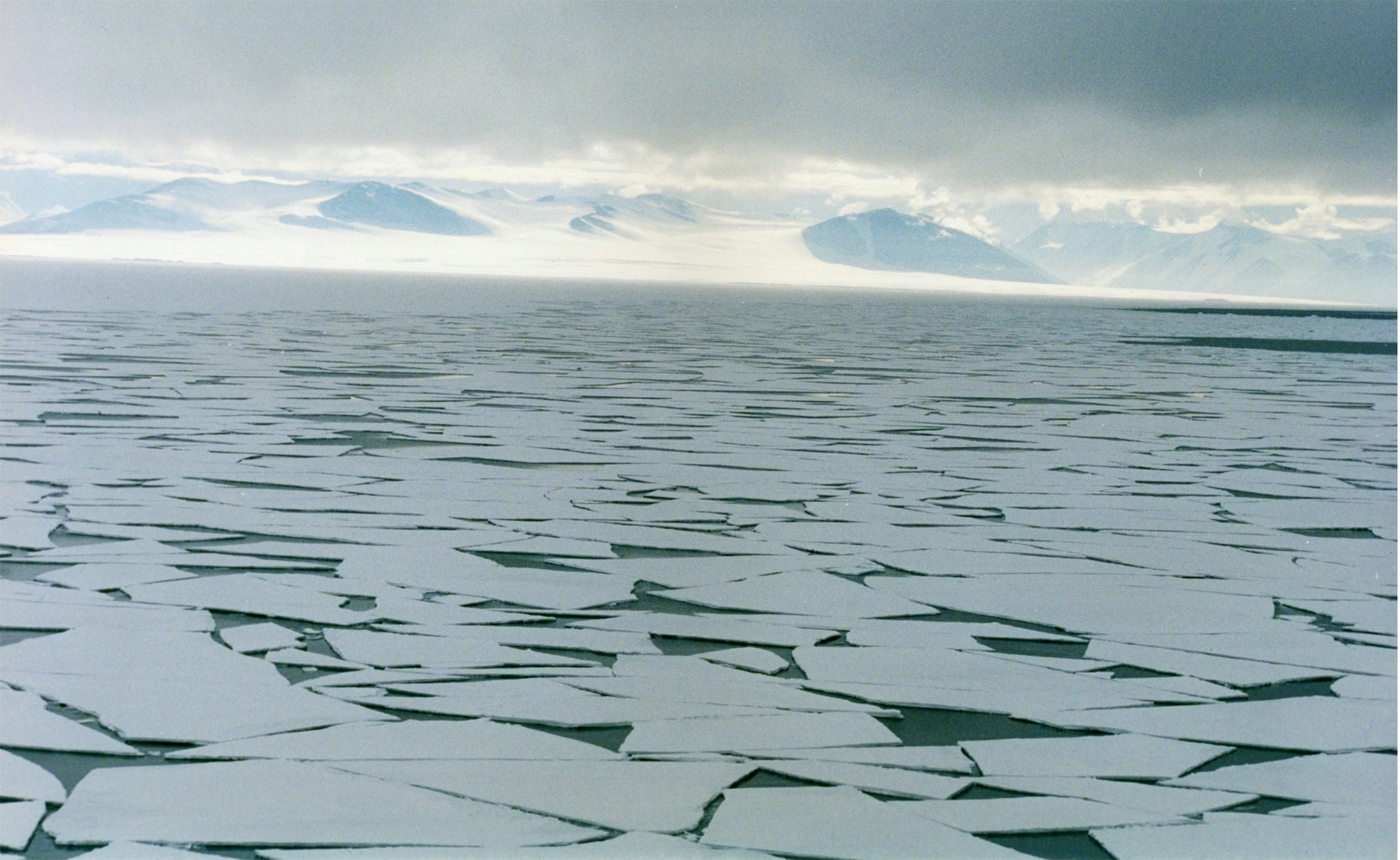In this globalised world, regions untouched by humanity and the problems we bring are fast diminishing. Like many of the world’s problems, climate change is a vast one, and although the terror of it is becoming more central to public conversation, it seems we are a long way from drastic change in favour of the environment.
Because our lives and industries currently depend on processes that damage the world we live in, it would take something of a revolution to completely halt the human assault on nature. But this doesn’t stop environmental advocates from putting their all into saving our wilting planet. Lewis Pugh, UN Patron of the Oceans, is one of these advocates, and has recently led a heroic and successful effort to protect the Ross Sea from irreversible damage.
A deep bay of the Southern Ocean of Antarctica, the Ross Sea has been hailed as the polar Garden of Eden: it is a pristine frozen home for emperor penguins, humpback whales and many other species. A proposal from the The Commission for the Conservation of Antarctic Marine Living Resources (CCAMLR) to declare the bay a Marine Protected Area (MPA) was rejected by the Russian government five times in a row, and in 2014 Pugh made it his mission to change their mind.
His strategy for reaching Russia was an unusual one: he undertook the challenge of completing a series of deep sea swims in the sub-zero waters of the Ross Sea to highlight their importance. In a recent interview on Radio 4’s Today programme, he explained his motivations.
“Russians love cold water swimming. You will not find one Russian, who as a young boy or girl was not taken by their father to a cold lake in the middle of winter to jump in.”
He wanted to draw the attention of people who live almost 20,000km from the area in question. In undertaking the gruelling swims, Pugh created an emotional connection between Russia and the Ross Sea. He also made history, swimming further South than any human has done before.
In the same interview, Pugh also credited Russia’s change of heart to the appointment of Sergei Ivanov to the government’s environment and transport division. “This man is passionate about the environment and things moved very quickly.”
In the wider scheme of climate change policy, what impact will this new protection have?
A fairly hefty step in the right direction, the Ross Sea breakthrough has established the world’s largest protected area in history. The 1.57 million square kilometre MPA will come into force in December 2017, and will prohibit fishing in seventy-two percent of the area. The additional twenty-eight percent will allow fishing only for the purpose of scientific research.
Pugh made clear via his blog recently that he hopes the Ross Sea will set a precedent for discussions and policies to come.
“My hope is that we can create a series of MPAs in other critical areas around Antarctica including the Weddell Sea, the Antarctic Peninsula and East Antarctica.”
He also emphasises the region as a symbol of political cooperation when it comes to the environment. “Today’s announcement shows that Antarctica continues to be a place for peace and bridge building, a place where we can find common ground.”
The MPA proposal was successful despite the relationship between Russia and the West being particularly tense at the moment. Perhaps we are perceiving a new kind of global cooperation: one that places politics to the side to embrace what’s right for the earth’s long term survival. The Ross Sea is saved, for now, and this breakthrough has offered the environment a shred of hope for coming years.
Image: Wikimedia Commons




